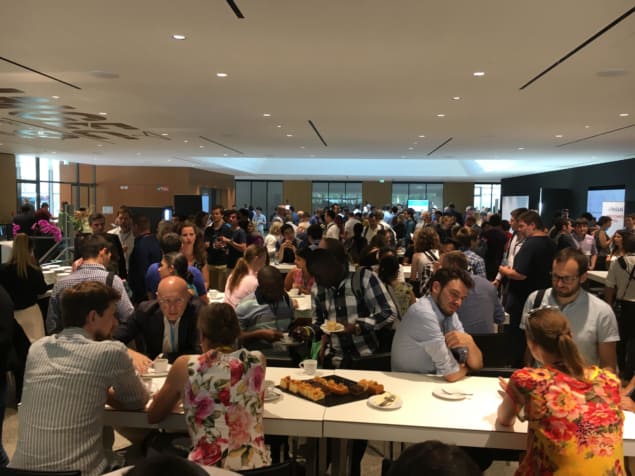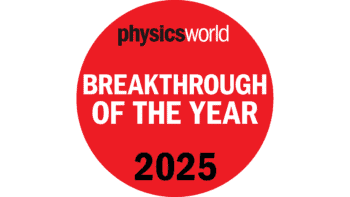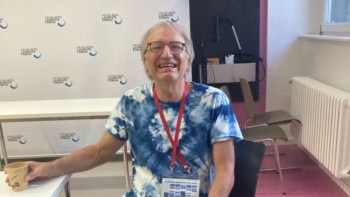
Time flies, and it’s already the penultimate day of this year’s Lindau meeting. One of the things I have enjoyed most about my week is the international mix of attendees. During the coffee breaks and at mealtimes, it’s been a delight to meet and hear the stories of people from countries and cultures all over the world.
Of course, this is nothing unusual for scientists. From highly structured collaborations bound by intergovernmental agreements such as CERN and the Square Kilometer Array, to collaborations between individual labs and researchers that develop organically, close international cooperation is the norm. Lindau, however, is an extreme case; this year, a record 89 nations are represented, in a kind of United Nations of physics.
It certainly feels very much removed from the current social and political climate of a global trend of rising nationalism and populism; the US, UK and Hungary are just three examples. The threat this poses to collaboration in science, and science more generally, was the subject of a wide-ranging discussion organized for the press on Monday afternoon.

Panellists included PhD candidates Lakshmi Balasubramanian, who grew up in Dubai and is based in Paris, and Henry Enninful, a Ghanaian based in Leipzig, Germany. Also taking part were Rolf Heuer, former Director General of CERN and now President of the council of the SESAME synchrotron in Jordan, and chemistry Nobel laureate, Konstantin Novoselov.
The tighter immigration controls that often come with nationalist politics are a source of worry for young researchers, Balasubramanian commented – and, naturally, these also have deeper implications for the collaborations themselves. Though she and Enninful haven’t suffered personally, it’s an issue for many of their peers in their home countries.
“There are [Ghanaian] scientists who have collaborations with the UK specifically, or they need to go to the UK for conferences or for training, and they are denied visas,” Enninful elaborated to me afterwards. Iranian German-based PhD candidate Salma Sohrabi-Jahromi, a guest at the event, also told me she misses out on the main conference in her field every other year, when it is held in the US, due to visa difficulties.
“Science has to cross borders,” said Heuer. “And science can only flourish if you have freedom to think.” he added, commenting on the broader risks of nationalist politics to research – and therefore society itself, arguably best encapsulated by the climate crisis. Enninful presciently cited Hungary as an example where academic freedom is under threat. Since the panel, the country’s National Assembly passed a bill to remove 15 academic institutes from the Hungarian Academy of Sciences and put them under government control.
To tackle these problems, Enninful advocated for the scientific community to present a unified front to government. Balasubramanian, meanwhile, argued that scientists should increase their influence by getting more active in politics. In the longer term, education of children is key, she told the audience, in both the value of internationalism in science and to develop the skills for spotting misinformation.
“They’re the ones who are going to run the country in the future,” she said. “[It] should be ingrained at a very young age and not an older age where it’s difficult to change people’s mindsets.”
Heuer agreed. “Young people – old people too – need to learn critical thinking.”



